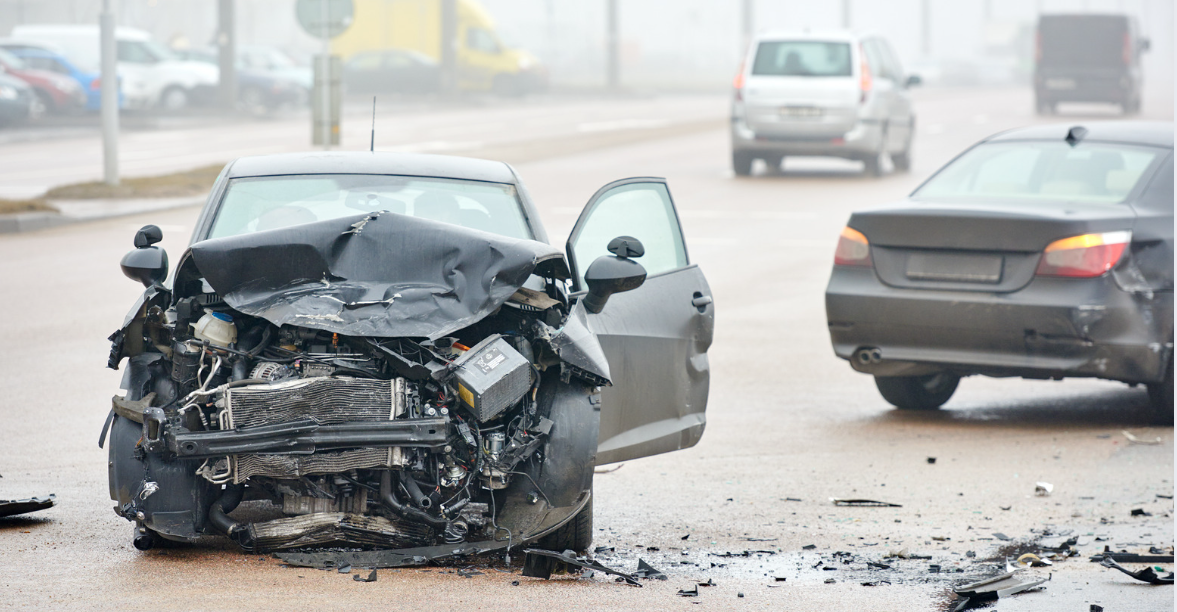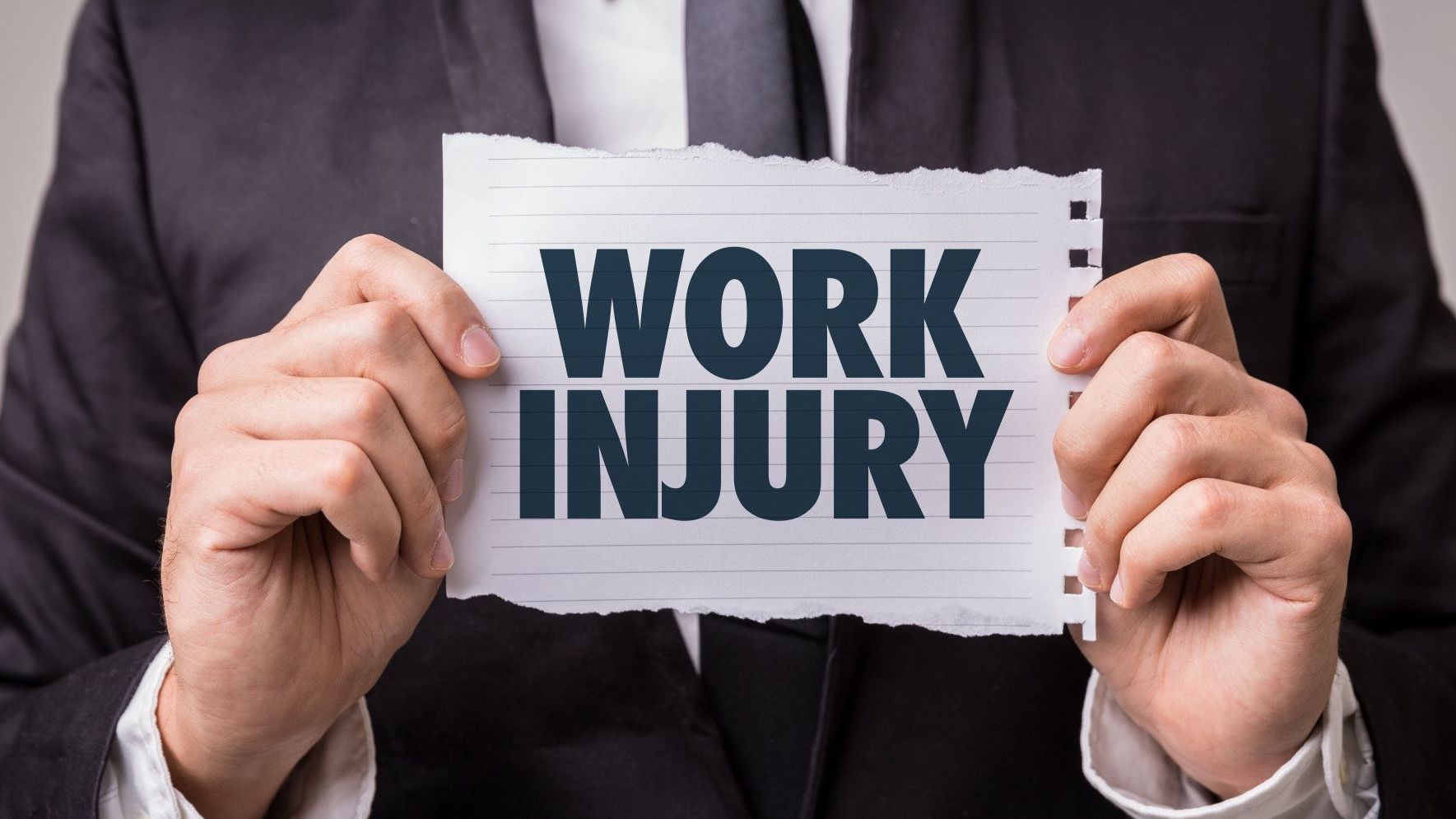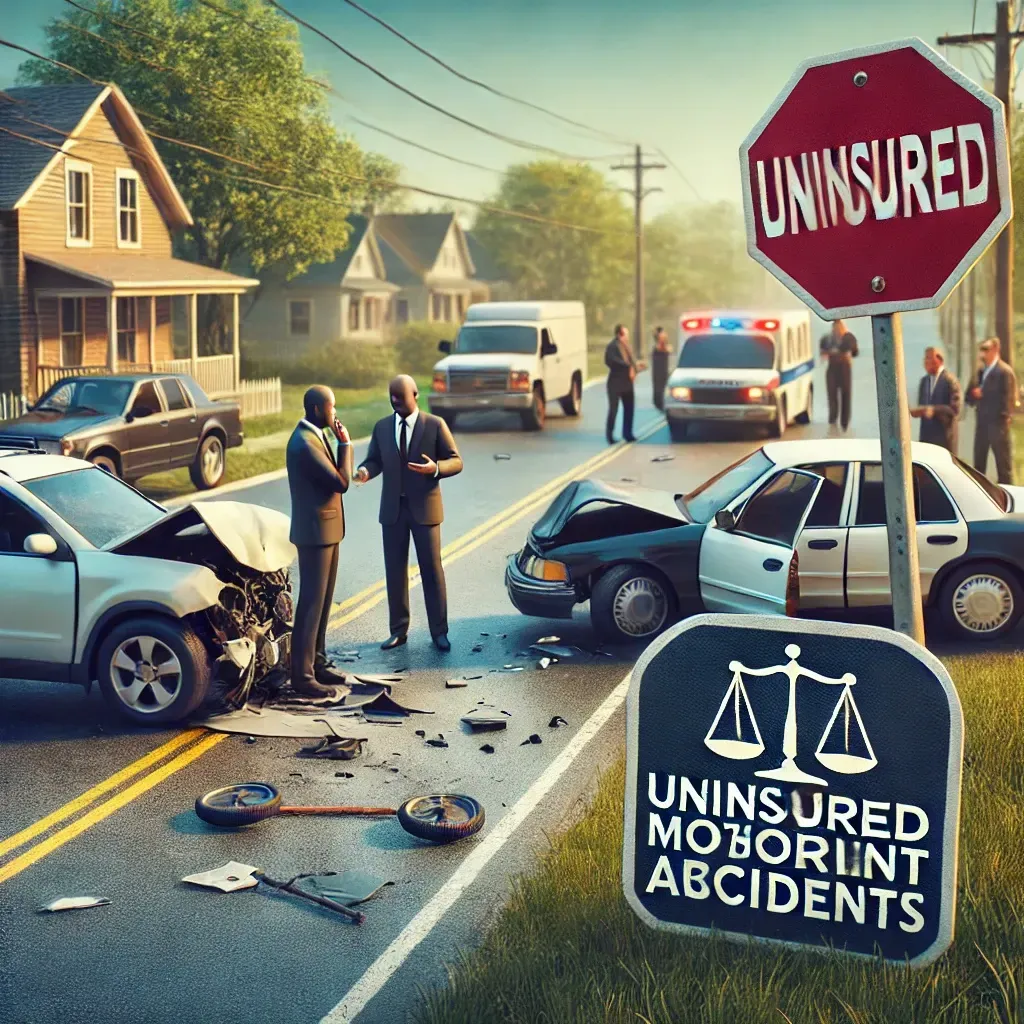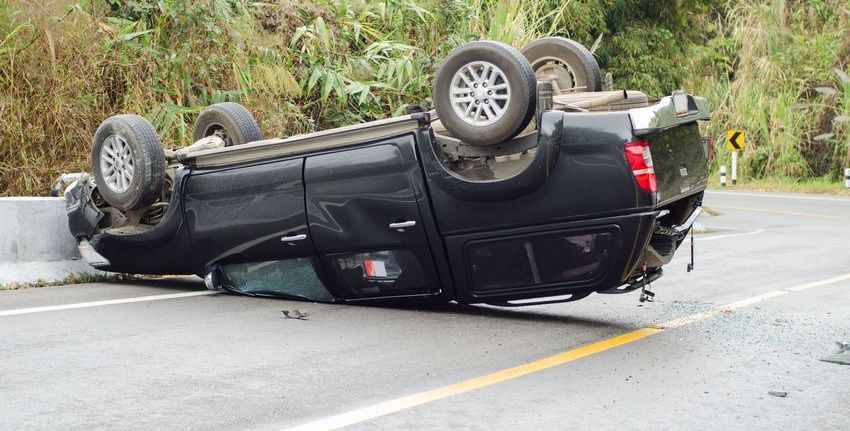When the heat hurts: Preventing heat exhaustion at work
Hibu Websites • March 31, 2021
When the heat hurts: Preventing heat exhaustion at work
18 May, 2016
While most Iowans head for the AC when the heat is on, construction workers must labor outside in conditions that can hit a whopping 110 degrees. Just look at the heat index from last summer. Things are looking just as...
While most Iowans head for the AC when the heat is on, construction workers must labor outside in conditions that can hit a whopping 110 degrees. Just look at the heat index from last summer.
Things are looking just as hot this summer. The Des Moines Register reports, "NASA scientists and others said that there's a good chance that this year will pass 2015 as the hottest year on record."
If you allow your body to overheat, you can suffer from various heat-related illnesses, including a fatal heat stroke. So what can construction workers do to stay safe under the beating rays this summer?
Water, rest and shade
Drinking water is the most important thing you can do to fight the heat. One rule of thumb: drink four cups of water every hour.
Moreover, taking frequent breaks from the heat will prevent the body from overheating. Strenuous tasks should be accomplished early in the morning or later in the shift when the sun is not overbearing. Seek shade for these breaks. If natural shade is not available, opt for portable shade, such tents or umbrellas.
Know the signs
Heat exhaustion is overpowering and can threaten your health. When you are at work under the heat, be cautious of these signs :
- Dizziness, fainting or headaches
- Wet skin and weakness
- Confusion or irritability
- Nausea, vomiting or thirst
The more egregious symptoms associated with heat stroke include:
- Seizures
- Collapsing
- Fainting
- Foggy thinking
If you suspect you are suffering from a heat-related illness at work, move to shade and remove outer clothing. A fan, mist, water and ice may help alleviate any symptoms. It also helps to drink cold water. More important, call a supervisor for help and seek immediate medical attention.
Generally, you can secure workers' compensation benefits for most work injuries, including heat-related illnesses. To qualify for benefits, the injury must be caused by or aggravated by your work responsibilities or the condition of your workplace. If the overwhelming circumstances of your sweltering work environment have compromised your health, speak to a lawyer about work injury benefits.

When it comes to car insurance, many people think primarily about liability coverage—insurance that covers others if you’re at fault in an accident. However, underinsured motorist (UIM) coverage is equally important, as it protects you if an accident leaves you injured by a driver with inadequate coverage. What is Underinsured Motorist Coverag e? Underinsured motorist coverage is designed to safeguard you and your family from the financial burden of an accident caused by a driver who doesn’t have sufficient insurance to cover your damages. Here’s how it works: Imagine you’re at a local Des Moines sports event. After parking, you’re walking across the lot when a vehicle accidentally hits you, causing injuries. If that driver has no insurance or only minimal coverage, their policy may fall far short of what you need to cover medical bills, lost income, and other expenses. Underinsured motorist coverage on your own policy steps in to fill the gap, helping you recover the full amount necessary to cover your damages. This protection applies whether you’re in your vehicle or, as in this example, outside of it—what matters is that your injuries resulted from the actions of an underinsured driver. How Much Underinsured Motorist Coverage Should You Carry? The amount of underinsured motorist coverage you carry is a personal choice, but it’s worth considering a higher limit. In Iowa, insurance companies are allowed to sell this coverage with a minimum limit of $20,000 per person. However, relying on minimum coverage could leave you financially vulnerable in a serious accident. Insurance agents often recommend high liability limits to protect others in case you cause an accident but may suggest lower UIM coverage to keep your costs down. Yet, underinsured coverage is specifically for your protection and the well-being of your loved ones. It doesn’t make much sense to carry more coverage for others’ injuries than for your own, yet this is common due to the way policies are structured. Reviewing Your Policy: Are You Adequately Protected? Take a moment to review your policy or discuss it with your agent to ensure you’re not underinsured. Here are a few questions to consider: • Does my underinsured coverage match my liability coverage? If not, you might want to ask why, especially if your liability limits are significantly higher. • Would my current underinsured coverage be enough in a serious accident? Consider your financial situation, family needs, and potential medical costs to make sure your coverage is sufficient. If you find that your uninsured/underinsured coverage is significantly lower than your liability coverage, it might be time to ask questions and re-evaluate your options. Prioritizing adequate underinsured motorist coverage is an investment in peace of mind, ensuring that you’re better protected, no matter who is at fault in an accident.

Workplace fatalities are tragic and raise many questions for surviving family members about eligibility and the types of benefits available. If the death arose out of and occurred during the course of employment, there are three primary categories of benefits under workers' compensation laws. 1. Weekly Compensation for Dependents Surviving spouses and minor children are typically eligible for weekly compensation. Key points include: • For the spouse: Payments can continue for life unless the spouse remarries. Upon remarriage, the spouse may receive two years of benefits as a lump sum, ending further payments. • For minor children: Payments end when the child turns 18 unless the child is physically or mentally incapacitated or enrolled in full-time accredited education. • Lump-sum payments: While benefits can be taken as a lump sum, these are often heavily discounted and may not be advisable. 2. Medical Expenses If the worker survives for a period before passing, the employer is responsible for: • All reasonable medical expenses incurred due to the injury. • Healing period payments owed prior to the worker's death. 3. Burial Expenses Workers' compensation provides come coverage for burial costs. This benefit helps ease the financial burden during an already difficult time. Additional Consideration: Third-Party Claims If the death was caused by the negligence of a person or company other than the employer, surviving family members may also pursue a personal injury claim in addition to workers' compensation benefits. Final Thoughts Navigating workers' compensation after a workplace death can be overwhelming. Understanding the benefits available—from weekly compensation to burial expenses—can help surviving families secure the support they need. Consulting with an experienced workers' compensation attorney at LLDDC Law can ensure you receive the full benefits to which you are entitled.

If you or a loved one has experienced a catastrophic injury, navigating insurance claims and mounting medical bills can feel overwhelming. At Lawyer Lawyer Dutton Drake & Conklin, our experienced injury attorneys are here to provide the guidance and advocacy you need. We fight for injured Iowans—not the insurance companies. Contact us today for a free consultation and let us help you focus on recovery.

In the aftermath of a car accident, navigating the world of insurance can be overwhelming, especially when the negligent driver has inadequate coverage. This often leads clients to wonder: are there other avenues for compensation? The answer lies in the concept of vicarious liability, a legal principle that can open up additional insurance resources. Call LLDDC Law at 515-224-4400, Iowa's Injury Lawyers.






Share On: